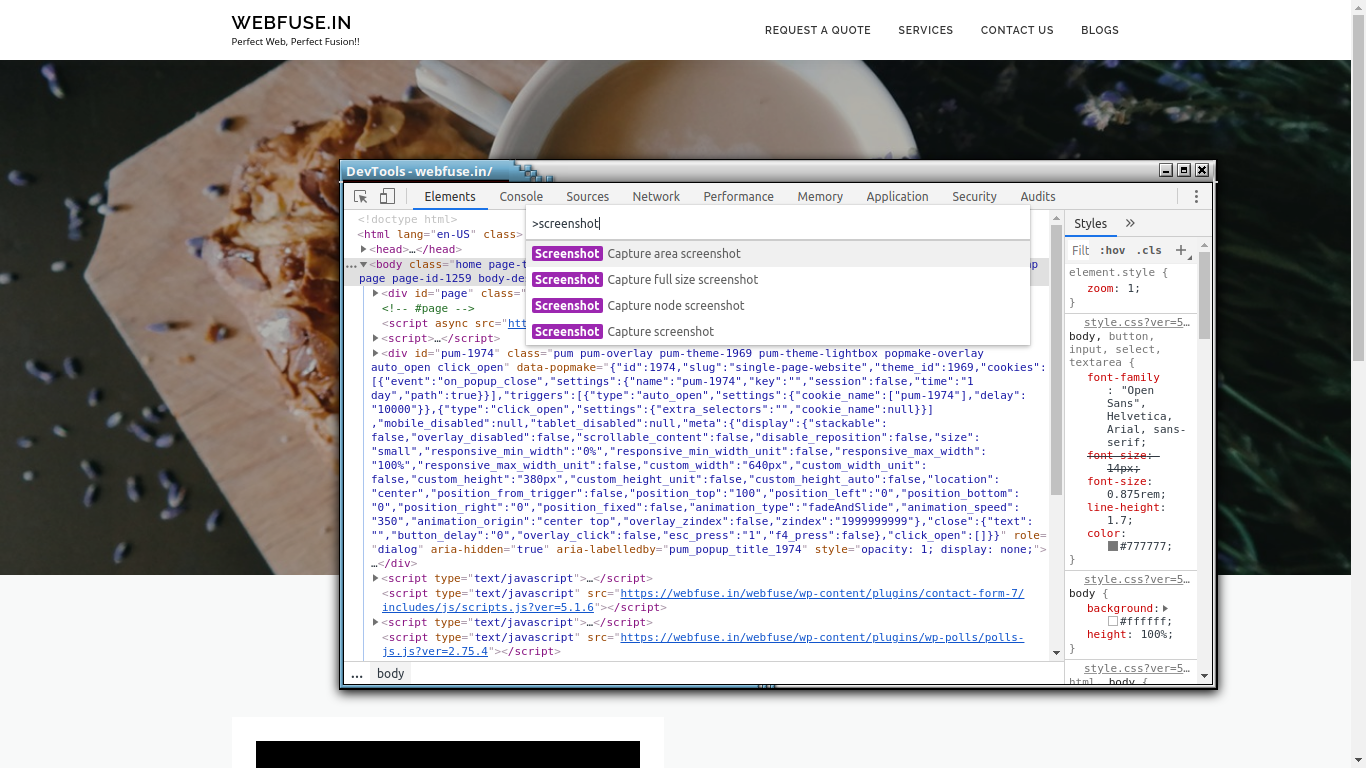If you’ve been keeping up with the latest tech trends (or you just couldn’t resist the cool demos of AI writing code), you’ve probably asked yourself: Will prompt engineering replace software development?
It’s a pretty loaded question, right? After all, AI is doing some amazing things these days. We’ve got machines that can write novels, generate music, and even code apps! But before we all start panicking about our jobs as developers (or start dreaming of an AI utopia where we can kick back on a beach while our computer does all the work), let’s take a step back and think about it.
Spoiler alert: No, prompt engineering won’t replace software development. But it will change the way we work—and it might even make our jobs a little easier (and more fun!). Let’s break it down with a little humor, optimism, and maybe just a pinch of reality. So the question is, Can Prompt Engineering Replace Software Developers Job? Here’s What You Need to Know – Please read ahead!

What the Heck is Prompt Engineering, Anyway?
First things first: what exactly is prompt engineering? It sounds like something that should involve a lab coat and some complicated formulas, right? But in reality, it’s all about crafting the perfect input for an AI system to get the best output. It’s like giving your dog a treat for following the right command—but in this case, the dog is an AI model, and the treat is some killer code.
In other words, when you’re working with AI tools like GitHub Copilot, you have to know how to ask the right questions. A well-phrased prompt is like a golden ticket to getting exactly what you need—whether that’s a snazzy little function or a complex algorithm. So, prompt engineering is an art—and one that can help developers save time and get more done.
But Hold On—Is AI Really Going to Steal Our Jobs?
Okay, now let’s address the elephant in the room. With all these shiny new AI tools out there, is software development as we know it doomed? Will our careers be replaced by machines that can churn out code faster than we can say “Hello World!”?

Here’s the thing: AI is amazing—and yes, it can certainly help write code, debug it, and even suggest improvements. But replace developers? Nah. Not happening. Here’s why:
- AI is like a really smart sidekick, not a superhero: Sure, AI can write code based on the patterns it’s learned. But it’s still not great at solving truly novel problems or understanding context the way humans do. It’s like having an assistant who’s really good at finding things online, but still needs you to actually come up with the plan and execute it.
- The ‘human touch’ is irreplaceable: Building software isn’t just about writing code. It’s about understanding user needs, creating delightful experiences, collaborating with teams, and occasionally surviving through meetings where the WiFi definitely doesn’t work. AI may generate code, but it doesn’t know how to design a system that’s intuitive or meet business goals in the way humans can.
- Creativity, intuition, and problem-solving: AI can mimic patterns, but it doesn’t create in the way we do. It’s like asking your robot vacuum to design the next best-selling video game. Sure, it’ll help you clean up, but it’s not going to come up with groundbreaking ideas. Creativity and complex problem-solving? Those are still very much in the hands of developers. Sorry, AI, but we’ve got this one.

Where Does Prompt Engineering Fit In?
So, if AI isn’t replacing us, what is it doing for us? Well, here’s the fun part: prompt engineering is the magic tool that makes AI even better at its job—and makes our job as developers way easier.
Imagine this: You’re working on a huge project, and you’ve hit a roadblock. Instead of staring at your screen in despair, you tap a few words into your AI tool and—boom—it generates a function or solves that bug you’ve been chasing for hours. Sounds pretty sweet, right?
Prompt engineering is all about maximizing the potential of these tools. It’s a way for developers to get the most out of AI, whether it’s generating boilerplate code, suggesting fixes, or even brainstorming ideas. It’s like having a super-smart intern who never sleeps and can churn out ideas faster than you can drink your third cup of coffee. And let’s be real, who wouldn’t want that?

The Future of Software Development: A Partnership, Not a Rivalry
So, is it time to panic about your future as a developer? Definitely not. The future is exciting, and it’s going to be all about collaboration. Think of it this way: Developers are the rockstars, and AI is the ultimate tour manager, helping us get to the next gig faster, smoother, and with fewer hiccups.
Sure, AI tools like those powered by prompt engineering will continue to improve, but they’re just that—tools. They won’t replace the need for talented, creative, and problem-solving developers. We’re still the ones steering the ship, making decisions, and creating the experiences that users love.
In fact, prompt engineering is just one more thing to add to your developer toolbox. It’s like learning how to use a new power-up in a video game. The more skilled you are with it, the more you can unlock. And when you work with AI effectively, you free up time to focus on the things that really matter: solving problems, pushing boundaries, and building software that changes the world.
So, What’s the Bottom Line?

Will prompt engineering replace software development? No. But it will definitely make our jobs easier, more exciting, and yes, even a bit more fun. The future of development is bright—and AI is here to help us shine even brighter.
The best part? As technology continues to evolve, there’s never been a better time to be a developer. So go ahead—grab that cup of coffee (or three), learn the art of prompt engineering, and get ready to build amazing things with the best AI sidekick you could ask for.
Now, doesn’t that sound like an exciting future? Let us know your thoughts on this article in the comments section below!
If you have noticed, most of the images in this blog has been generated using Gen AI text to image converter. Yep! the last one has a blunder, 😀 let us know in the comments section if you’ve found it 😛




One thought on “Will AI Replace Developers? The Truth About Prompt Engineering!”
yes, in the last image, the lady has three hands 😄